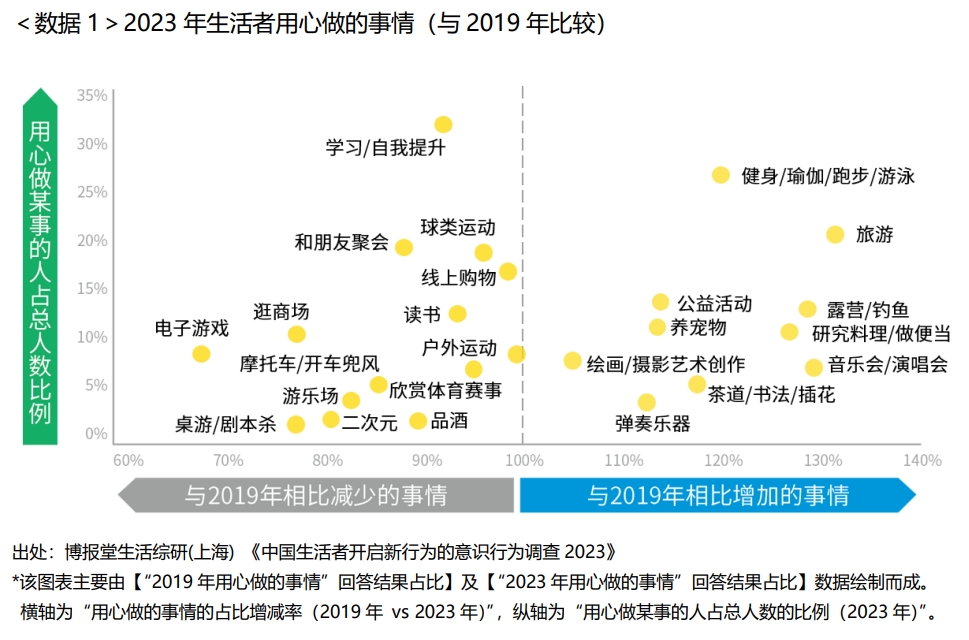Touting success in careers in ads doesn't hold the same widespread appeal as it once did. Connecting with Chinese consumers over their hobbies and interests will be more resonant, writes China Skinny's Mark Tanner.
The most valuable brands in China are those that understand their target markets' primary motivations and focus their positioning and communications on meeting them.
Back in 2011, one of the most successful shampoo brand campaigns in China came from P&G's Rejoice. It recognised the importance that Chinese consumers placed on success at work to reinforce their social standing and promoted their shampoo as a way to build confidence and thrive in their jobs.
13 years and a global pandemic later, things have changed in China. Long before 2024 New Year resolutions, Chinese consumers were focusing on having a better work-life balance. This has seen their interests and aspirations become much more multi-dimensional, something which accelerated when Covid gave them more time and reason to reflect on what is important to them.
We're increasingly hearing this in our consumer focus groups and quantitative surveys. It was reinforced by a study released last week by Hakuhodo and the Communication University of China, which found nearly two-thirds of Chinese consumers have come to value their private lives more than success at work to a greater degree than before the pandemic. This follows the theme of last year's 51jobs research which found youth in particular sacrificing higher paying jobs for more flexibility and "happiness". 80% of surveyed human resource managers agreed that the workload was the most important factor for modern employees.
Documentaries like Obama's American Factory (highly recommended if you haven't seen it) highlight the work ethic of Chinese factory workers versus those in the U.S. In many cases, Chinese workers are very committed to their jobs like in the documentary. However younger generations, particularly those in white-collar jobs are increasingly questioning what’s it all for with movements like 'Lying Flat' and pushback on gruelling '996' working hours. Youth in Japan went through a similar transition in the 90s when they strove to escape the corporate culture that bound their parents.
One of the key takeaways from the Hakuhodo study was respondents showing less interest in learning skills for work than five years ago, focusing more on personal pursuits instead. More people than in 2019 named going to the gym or doing yoga, travelling, volunteering, camping & fishing, and cooking as activities they enjoyed last year. Fewer mentioned gaming or learning work skills. The study noted a growing trend toward what it characterized as a type of relaxed self-improvement.

For brands, it gets back to understanding primary motivations. Touting success in careers as Rejoice shampoo did in 2011 is still important for some consumers, but doesn't hold the same widespread appeal as it once did. Connecting with consumers over their hobbies and interests, and being much more targeted about it, should be a focus in 2024 and the foreseeable future.

